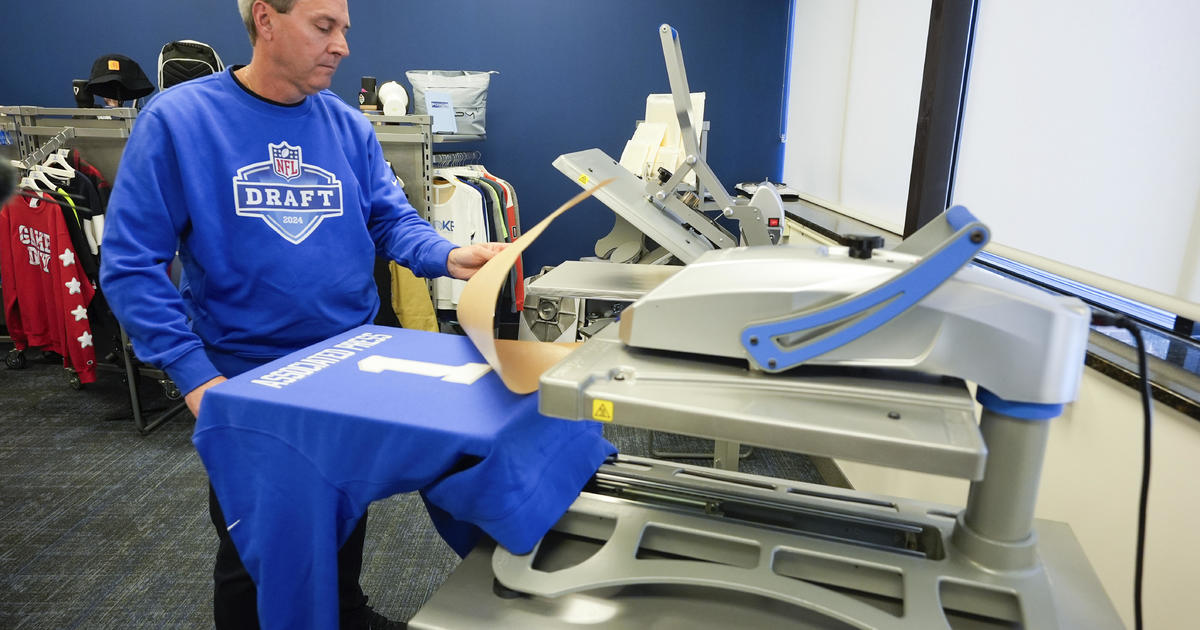Software Boosts Functions Of TRW Electric Power Steering
Livonia-based TRW Automotive Holdings Corp. (NYSE: TRW) Tuesday announced a range of advanced steering features which can be programmed within the software of an Electrically Powered Steering (EPS) system to assist the driver. Any number of the functions can be selected by vehicle manufacturers to help enhance driver safety or mitigate vehicle 'error states'.
"With the given mechanical and hydraulic constraints of traditional hydraulic steering systems, there are limits to what can be achieved -- compromising the ability to implement functions and steering feel characteristics beyond conventional physical boundaries," said Frank Lubischer, vice president of TRW steering engineering. "One of the beauties of electric steering is that these functions are controlled through software – and can be programmed quickly to allow for the desired outcome. For example, the amount of power steering assist can easily be varied – full assist at slower speeds for tight turning maneuvers such as parking, or a stiffer, sportier response at high speeds such as highway driving, and these modes can be chosen by the driver. Likewise, the electric steering system can be programmed to respond intelligently to varying vehicle and environmental conditions - such as different tire types, payloads, or road surfaces."
Electric steering safety enhancements are also achievable through integration with other systems. When combined with driver assist technologies, such as camera-based systems for example, electric power steering can help assist the driver in staying in the intended lane by providing a torque through the steering wheel that guides the driver back toward the center of the lane. A full lane guide system can actively assist in keeping the vehicle in the center of the lane.
TRW's range of advanced steering functions includes:
* Pull Drift Compensation can detect if the vehicle is drifting to one side (through a suspension error or from a side wind or cambered road), and will make automatic adjustments
* Active Disturbance and Road Shake Compensation - helps reduce vibration in the steering wheel caused by uneven road conditions and imbalanced torque at the wheels.
* Torque Steer Compensation – correcting the tendency in some front-wheel-drive vehicles to pull to one side under the influence of high engine torque.
* Semi Automatic Parking – when linked to proximity sensors EPS can 'automate' the sometimes challenging task of parallel parking.
* Personalization – enables the driver to switch between a different tuning of the steering system such as 'city mode' which would require less steering effort, or a standard mode for faster driving conditions requiring a stiffer steering feel.
* Arbitration and Limitation – a centralized function which arbitrates between feature requests and limits the sum of torque requests. If one system becomes active for example, another feature would be deactivated in order to avoid negative impacts.
* Variable Ratio – a feature which can help the vehicle to be more responsive in different driving situations.
* Driver Steer Recommendation – provides an interface to the braking system in order to request an additional driver torque overlay to the steering system.



